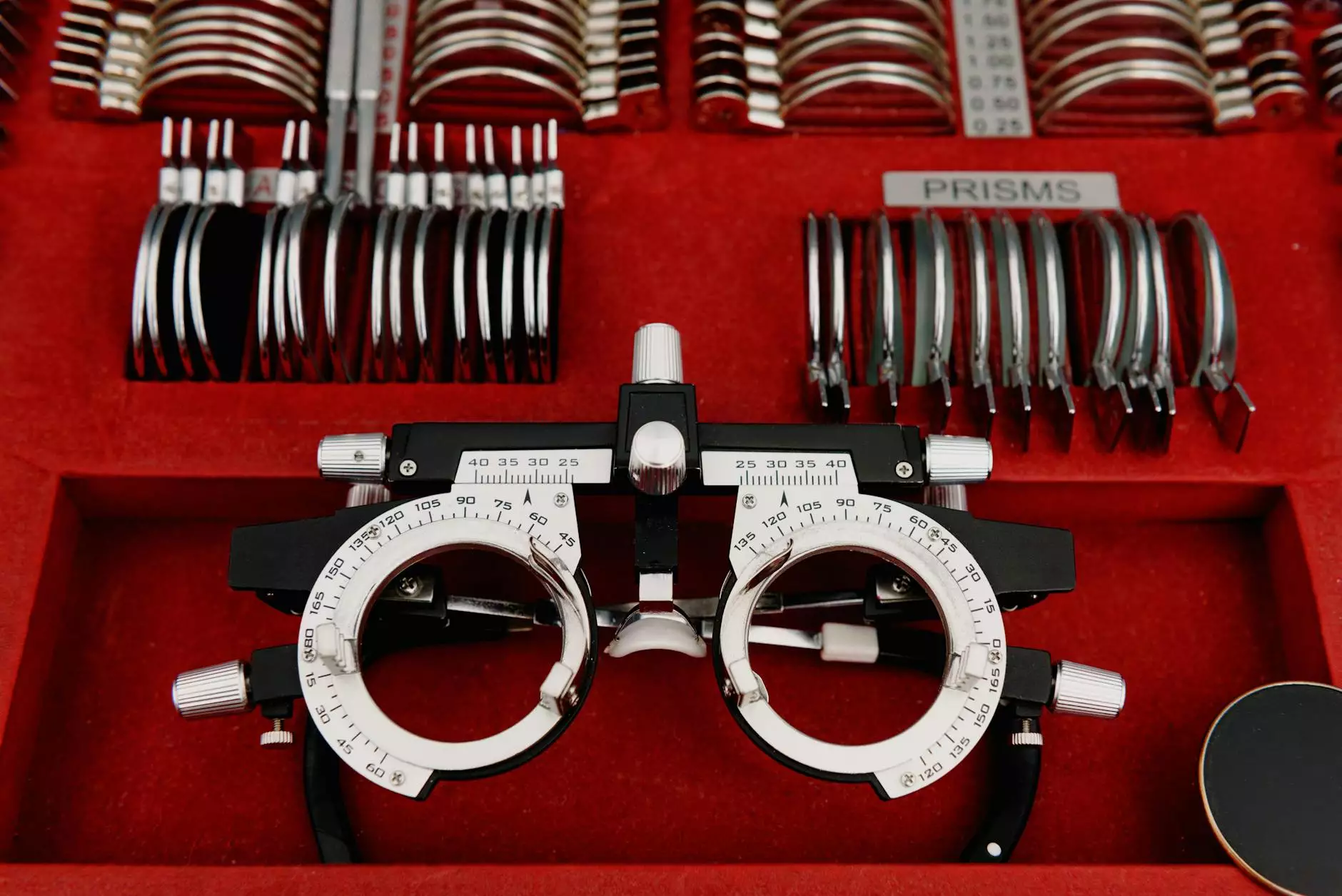Medical Device Research: A Key to Advancement in Health & Medical Industry

In today's rapidly evolving world, the health and medical industry constantly seeks to enhance patient care, improve treatment methods, and embrace innovative technologies. Medical device research plays a pivotal role in bringing about groundbreaking advancements that transform the way we approach healthcare.
Understanding Medical Device Research
Medical device research primarily focuses on the development, evaluation, and improvement of healthcare technologies. It encompasses a wide array of disciplines, including engineering, materials science, data analysis, and biology. This multidisciplinary approach allows researchers to design and refine medical devices that cater to diverse healthcare needs.
The Significance of Medical Device Research
The healthcare landscape heavily relies on medical devices to diagnose, monitor, and treat various medical conditions. From magnetic resonance imaging (MRI) machines to robotic surgical systems, medical devices play an indispensable role in improving patient outcomes.
Medical device research drives innovation by addressing existing challenges and exploring possibilities that were once deemed unimaginable. Its ultimate goal is to enhance the accuracy, efficiency, and safety of medical devices while ensuring optimal patient comfort and satisfaction.
Advancements Enabled by Medical Device Research
1. Improved Diagnostic Capabilities: Medical device research has led to advancements in diagnostic technologies, allowing physicians to identify diseases with greater accuracy and at earlier stages. For example, advanced imaging techniques enable detailed visualization of internal organs, aiding in the early detection of abnormalities.
2. Enhanced Treatment Modalities: Innovative medical devices have revolutionized treatment methods across various disciplines. From minimally invasive surgical instruments to targeted drug delivery systems, these devices enable more precise interventions, reducing risks and recovery times for patients.
3. Personalized Medicine: Medical device research has paved the way for personalized medicine, tailoring treatments to individuals based on their unique genetic makeup, lifestyle, and medical history. This approach enhances therapeutic outcomes while minimizing adverse effects.
4. Remote Monitoring and Telemedicine: The advent of medical devices with remote monitoring capabilities has transformed patient care beyond traditional healthcare settings. With the ability to collect real-time data, healthcare providers can track vital signs and make informed decisions promptly, leading to proactive interventions and improved patient management.
The Future of Medical Device Research
As technology continues to advance at an unprecedented pace, medical device research holds even greater promise for the future. Here are some key areas where significant advances are expected:
1. Robotics and Artificial Intelligence (AI)
Robotic-assisted surgeries and AI-driven diagnostic algorithms are becoming more prevalent, minimizing human errors and maximizing precision. These advancements have the potential to revolutionize surgical and diagnostic procedures, ultimately resulting in improved patient outcomes.
2. Wearable Devices
Wearable medical devices, such as smartwatches and fitness trackers, are becoming increasingly sophisticated. They enable real-time monitoring of vital signs, activity levels, and sleep patterns, empowering individuals to take control of their health and well-being.
3. Nanotechnology
Nanotechnology holds great promise in the development of innovative medical devices. It enables targeted drug delivery, tissue engineering, and early disease detection at a cellular level, opening up new avenues for precision medicine and personalized therapies.
4. Data Analytics and Machine Learning
With the abundance of healthcare data being generated, advanced analytics and machine learning algorithms play a crucial role in extracting actionable insights. These technologies can identify patterns, predict outcomes, and improve decision-making processes, ultimately elevating the standard of care.
Conclusion
Medical device research serves as the cornerstone of innovation in the health and medical industry. Its continuous advancements enable the development of cutting-edge technologies that enhance patient care, improve outcomes, and transform healthcare practices as we know them. With ongoing research and collaborative efforts, we are poised to witness an even brighter future where medical devices continue to drive advancements in the pursuit of healthier lives.









